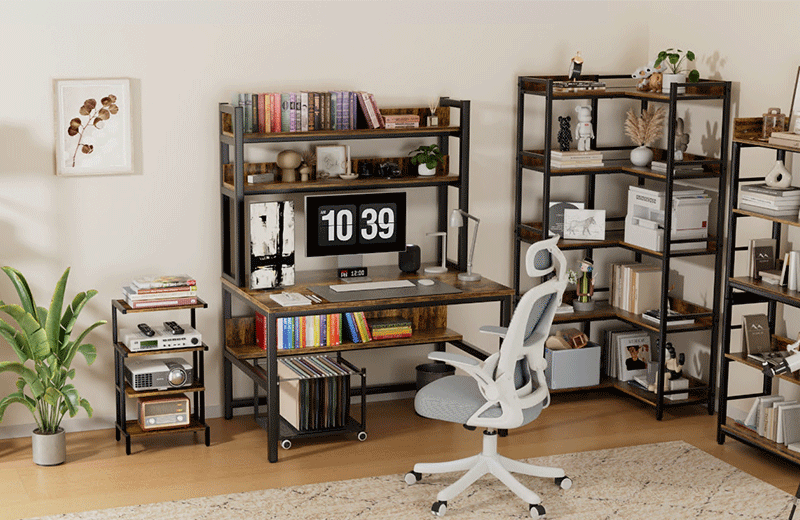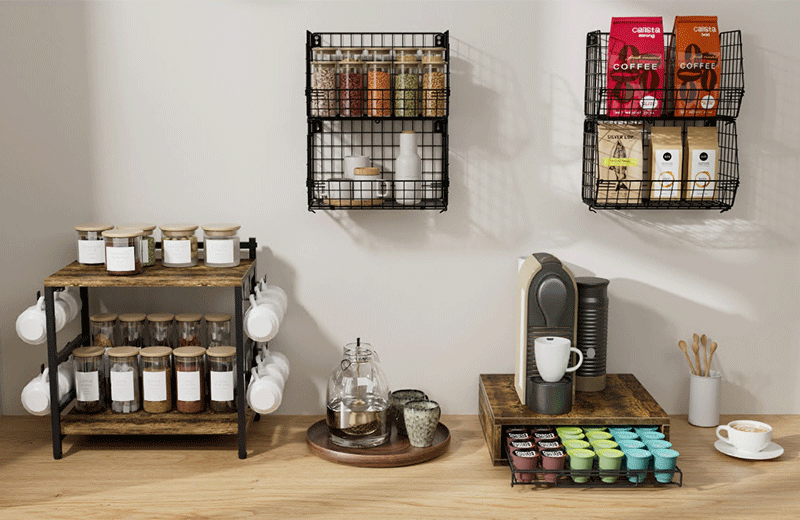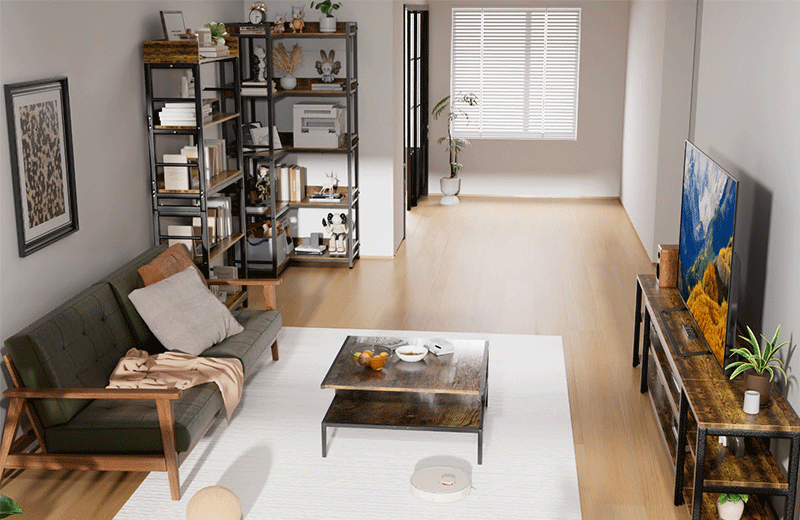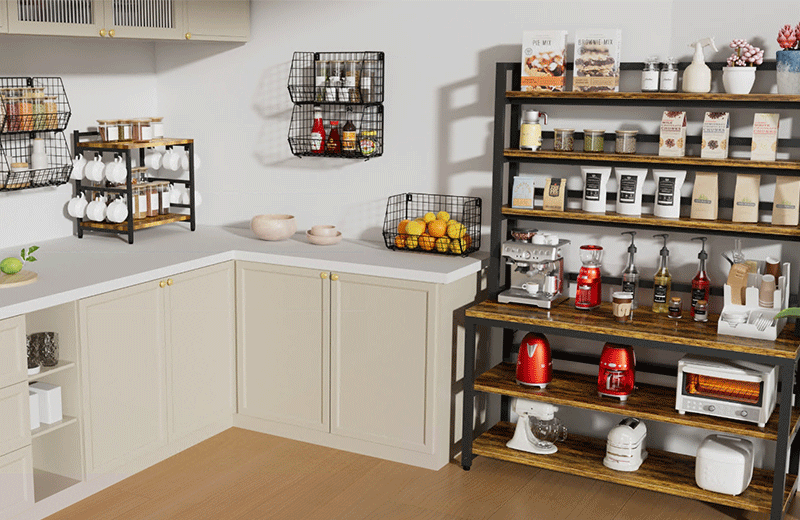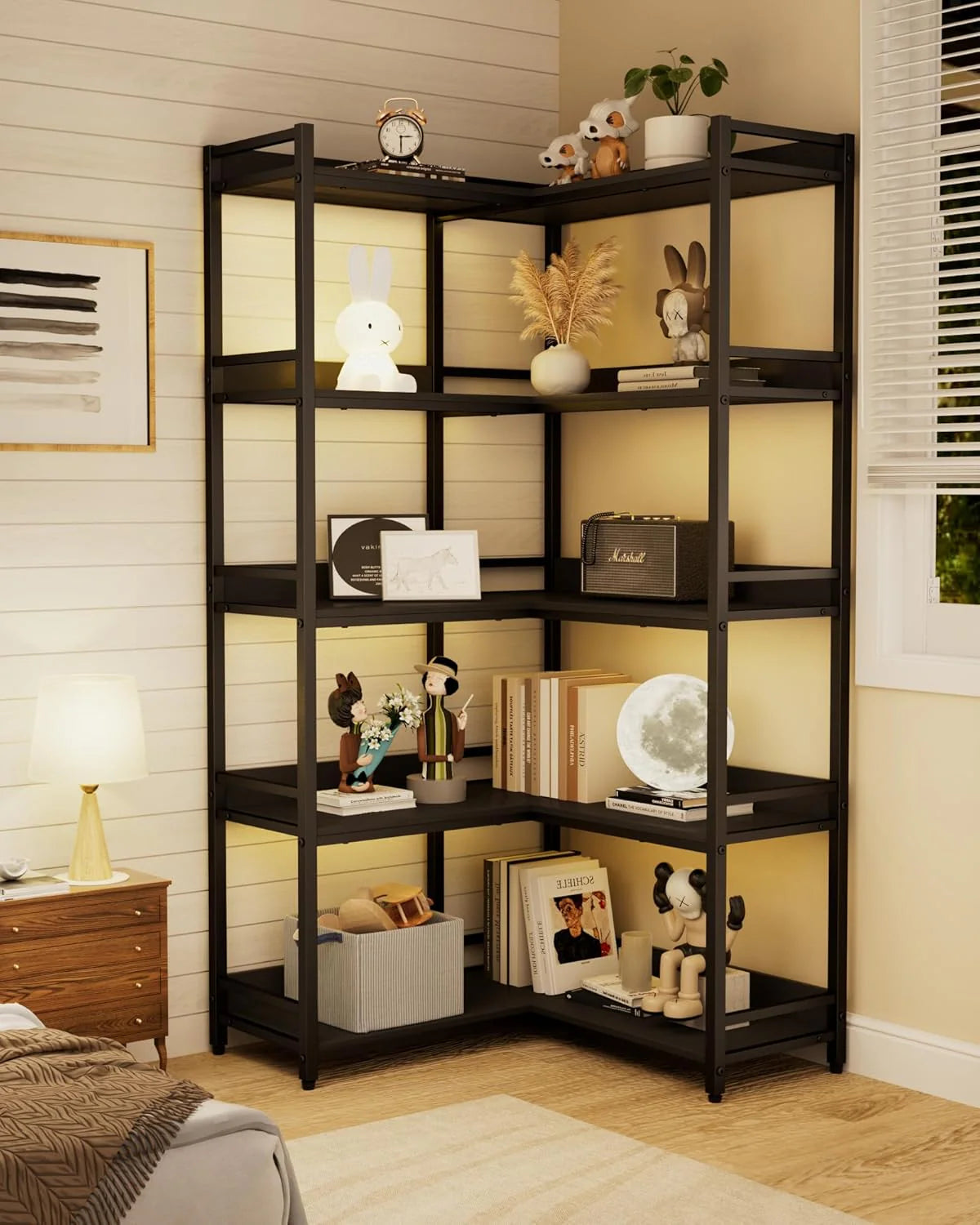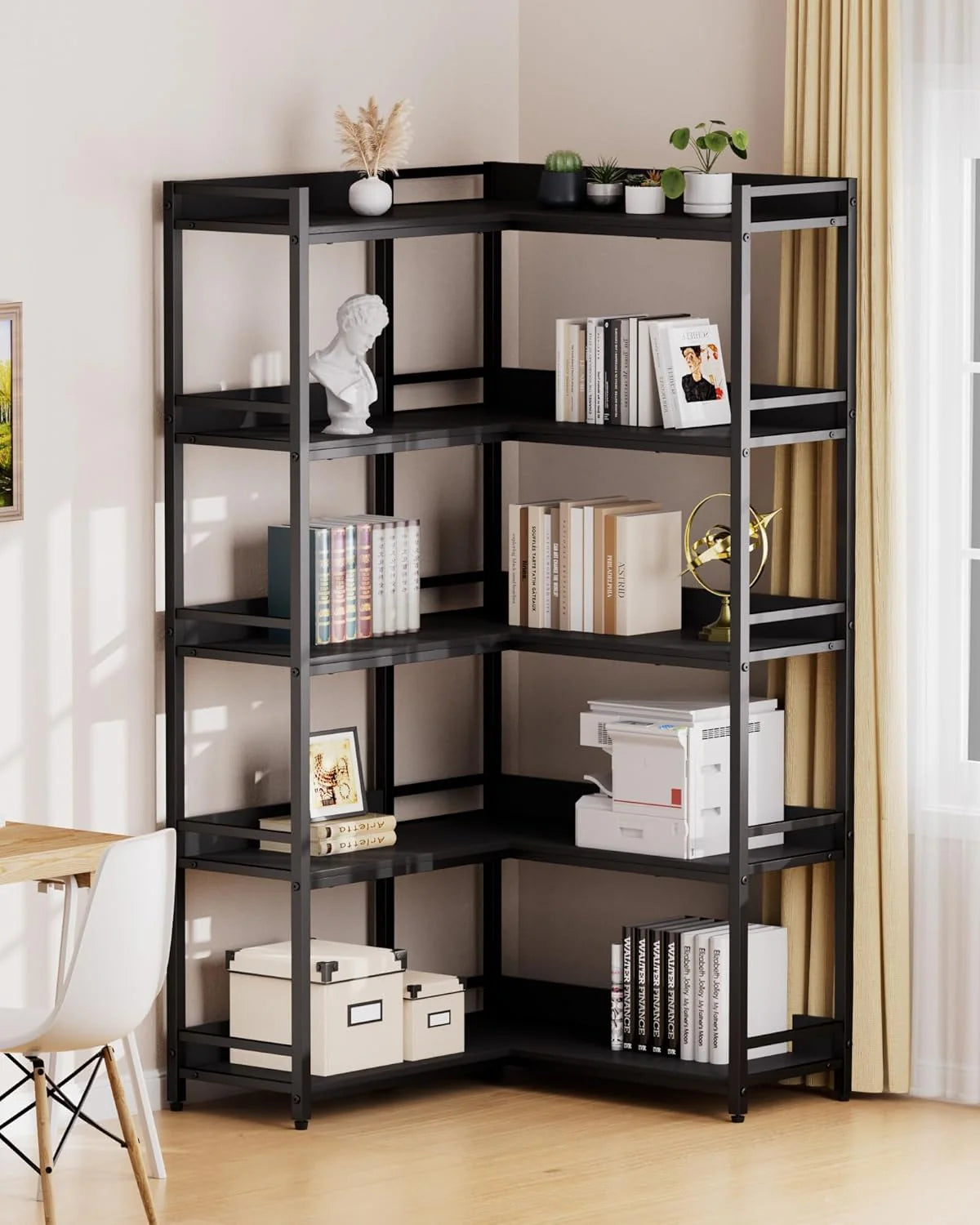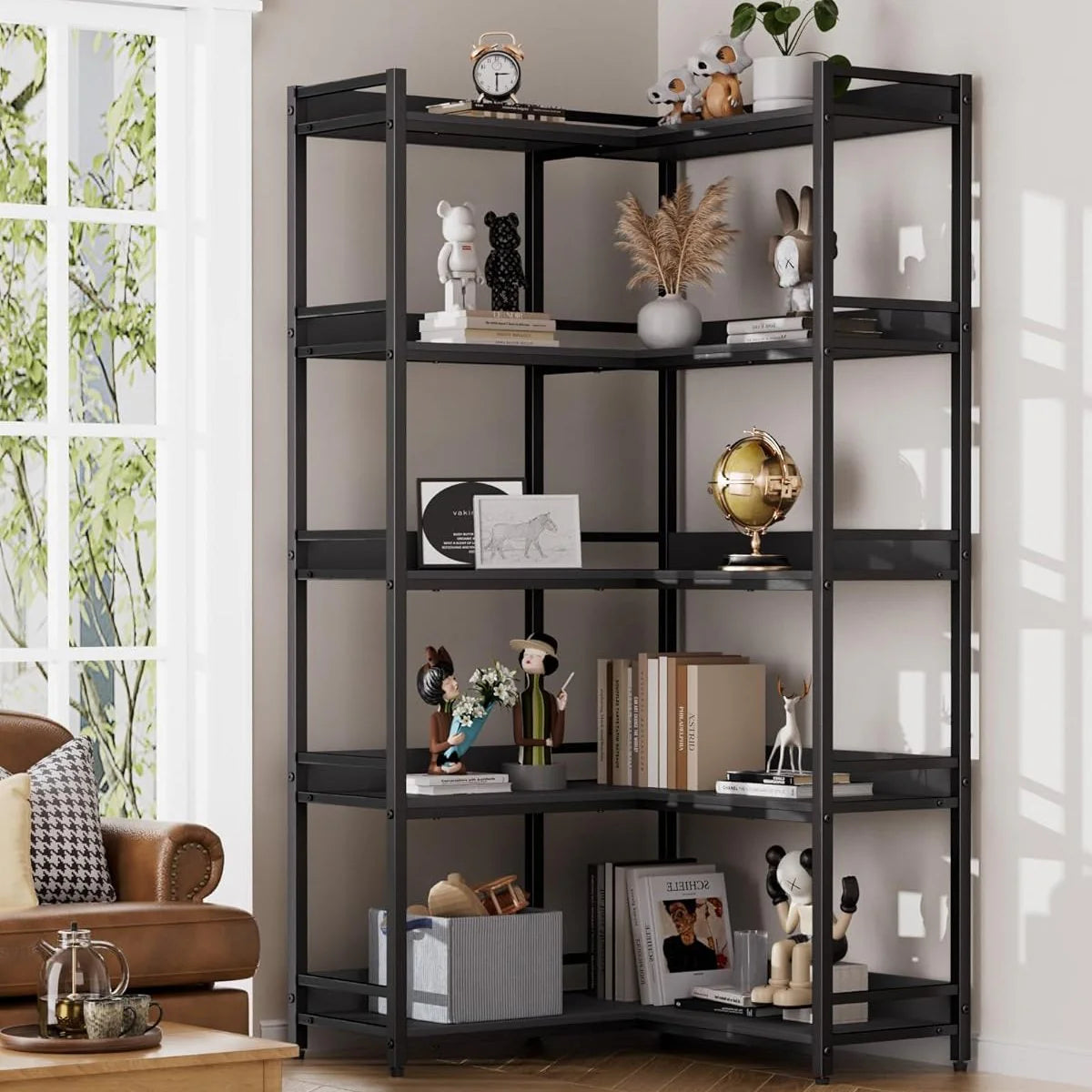Bookshelves are essential pieces of furniture in homes and offices, serving both functional and aesthetic purposes. They provide a place to store books, display decorative items, and organize various materials. However, not all locations are suitable for bookshelves. Choosing the wrong spot can lead to clutter, damage to your books, or even safety hazards. This article will explore various locations where you should avoid placing bookshelves, along with the reasons behind these recommendations.
1. Near Sources of Moisture
Avoid placing bookshelves near bathrooms or kitchens. These areas typically have higher humidity levels due to steam from showers or cooking. Excess moisture can warp wooden shelves and damage books, leading to mold growth and deterioration of your collection. If you must store books in these areas, consider using waterproof storage bins or keeping them in a closed cabinet.
2. Direct Sunlight Exposure
Do not position bookshelves in direct sunlight. Prolonged exposure to sunlight can cause fading on book covers and spines, leading to discoloration and deterioration of the paper inside. Additionally, sunlight can warp wooden shelves over time. If you have no choice but to place a bookshelf in a sunny area, consider using UV-filtering window treatments or placing a decorative cloth over the shelves to shield them from direct light.
3. High-Traffic Areas
Avoid placing bookshelves in high-traffic areas such as hallways or near doorways. These locations are prone to bumps, knocks, and potential accidents, which could lead to books falling off the shelves or even the entire bookshelf tipping over. Instead, opt for quieter corners or dedicated reading nooks where the bookshelf can be appreciated without the risk of damage.
4. Overheating Areas
Steer clear of placing bookshelves near heat sources like radiators, heaters, or fireplaces. The heat can dry out the pages of books and warp wooden shelves, compromising their structural integrity over time. If you need to place a bookshelf near a heat source for space reasons, ensure there is adequate distance between the two and consider using protective barriers.
5. Cluttered Spaces
Do not put bookshelves in cluttered areas that lack organization. A disorganized space can make it difficult to find items on your bookshelf and may lead to an overwhelming visual clutter that detracts from the beauty of your collection. Instead, choose a clean, organized area where the bookshelf can stand out as a focal point rather than blending into chaos.
6. In Front of Air Vents
Avoid placing bookshelves directly in front of air vents or heating ducts. The airflow can cause dust accumulation on your books and shelves while also affecting temperature stability around them. This exposure may lead to warping or damage over time. Instead, position your bookshelf away from vents while still allowing for proper air circulation in the room.
7. In Small Spaces Without Adequate Support
Refrain from putting large bookshelves in small spaces without proper support or anchoring options. Tall bookcases can become top-heavy if overloaded with books, posing a tipping hazard—especially in homes with children or pets. If space is limited but you need storage, consider shorter bookcases or wall-mounted shelves that offer stability without taking up too much room.
8. Near Stairs
Avoid placing bookshelves near staircases or on stair landings. This location poses safety risks due to potential falls or accidents when navigating stairs with heavy items like books. Additionally, shelves placed too close to stairs may become obstacles that impede movement and create hazards.
9. Overhead Storage Areas
Do not use overhead spaces for storing heavy bookshelves unless they are designed for it. High shelves can be difficult to reach safely and may lead to accidents when trying to retrieve items from above your head. Instead, keep heavier items at lower levels where they are easily accessible without risk.
10. In Rooms with Poor Lighting
Avoid placing bookshelves in poorly lit rooms where visibility is limited. Insufficient lighting makes it challenging to locate specific titles and can lead to accidents when searching for items on the shelves. Ensure that any area designated for a bookshelf has adequate lighting—natural or artificial—to enhance usability and prevent mishaps.
11. In Rooms with High Dust Levels
Do not place bookshelves in rooms prone to high dust accumulation, such as garages or attics without proper ventilation and cleaning systems in place. Dust can settle on your books and shelves quickly, leading to damage over time if not cleaned regularly. Choose areas that are maintained more consistently for better preservation of your collection.
12. In Front of Windows Without Treatments
Avoid positioning bookshelves directly in front of windows unless they have proper treatments like curtains or blinds. While natural light is beneficial for many activities, direct exposure can cause glare on screens if used as a workspace nearby and may also affect the condition of your books over time.

